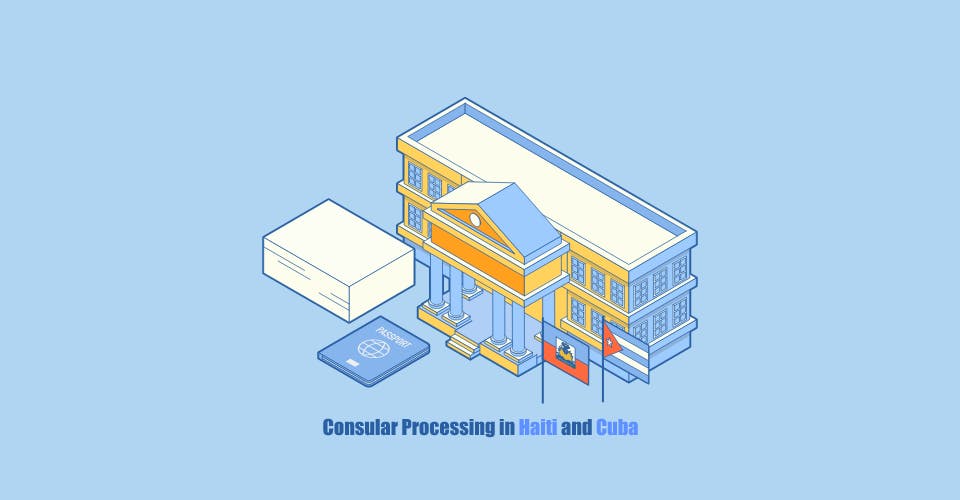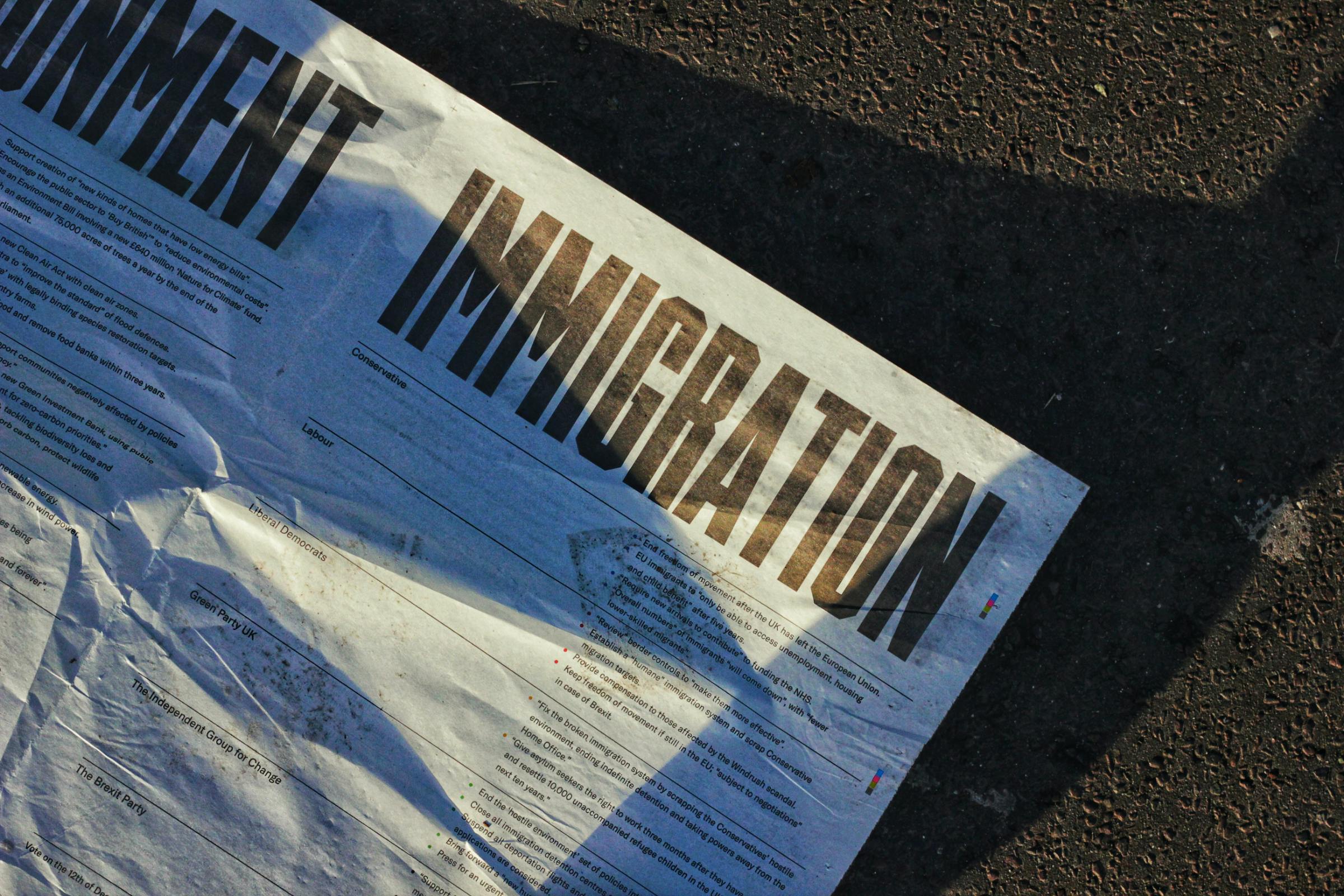Even though many U.S. consulates and embassies have started to resume normal processing of both immigrant and non-immigrant visas for those looking to come to the United States, other countries are still struggling to get up to speed. In this post, we will take a look at the consular processing operations for both Haiti and Cuba. Immigrants from these two countries represent large diasporic populations in the U.S., and many individuals from both countries often come to the United States (particularly Florida and other Southern states) for economic advancement or to reunite with family members who have already immigrated to the U.S.
As such, it is important to know the status of consular operations as we approach the midway point of 2022.
Cuba
The State Department posted an updated memo for consular operations at the U.S. Embassy in Havana on March 29th. The current status of services for Cubans looking to secure a visa is limited right now in Havana. For immigrant visas, services have been suspended for immediate relative, family preference, and fiancé applications. For non-immigrant visas, the embassy in Havana is only taking emergency appointments, and will not process any routine non-immigrant interviews.
However, the following link has been posted for additional guidance for Cuban immigrants seeking a visa: https://cu.usembassy.gov/visas/. If you are a Cuban citizen, the designated post for processing immigrant visas is in Georgetown, Guyana. The State Department advises Cubans to travel to Guyana only when they have been instructed to do so for a registered visa appointment.
Haiti
Consular operations remain limited in general in Haiti due to the ongoing pandemic. While many Western countries have a high rate of vaccination, Haiti is a country where roughly 1 percent of the total population has received both doses of a coronavirus vaccine.[1] In response to a low vaccination rate, and in addition to other local factors, the U.S. embassy in Port au Prince has reduced the number of daily in-person visa appointments to better protect staff.
With that being said, both immigrant and non-immigrant visa appointments are being scheduled in Haiti as long as conditions are stable. Cases are being prioritized for adopted children of U.S. citizens, as well as applicants who might “age out” of a visa category, and prospective students who are seeking an F, M, or J visa to study in the United States.














